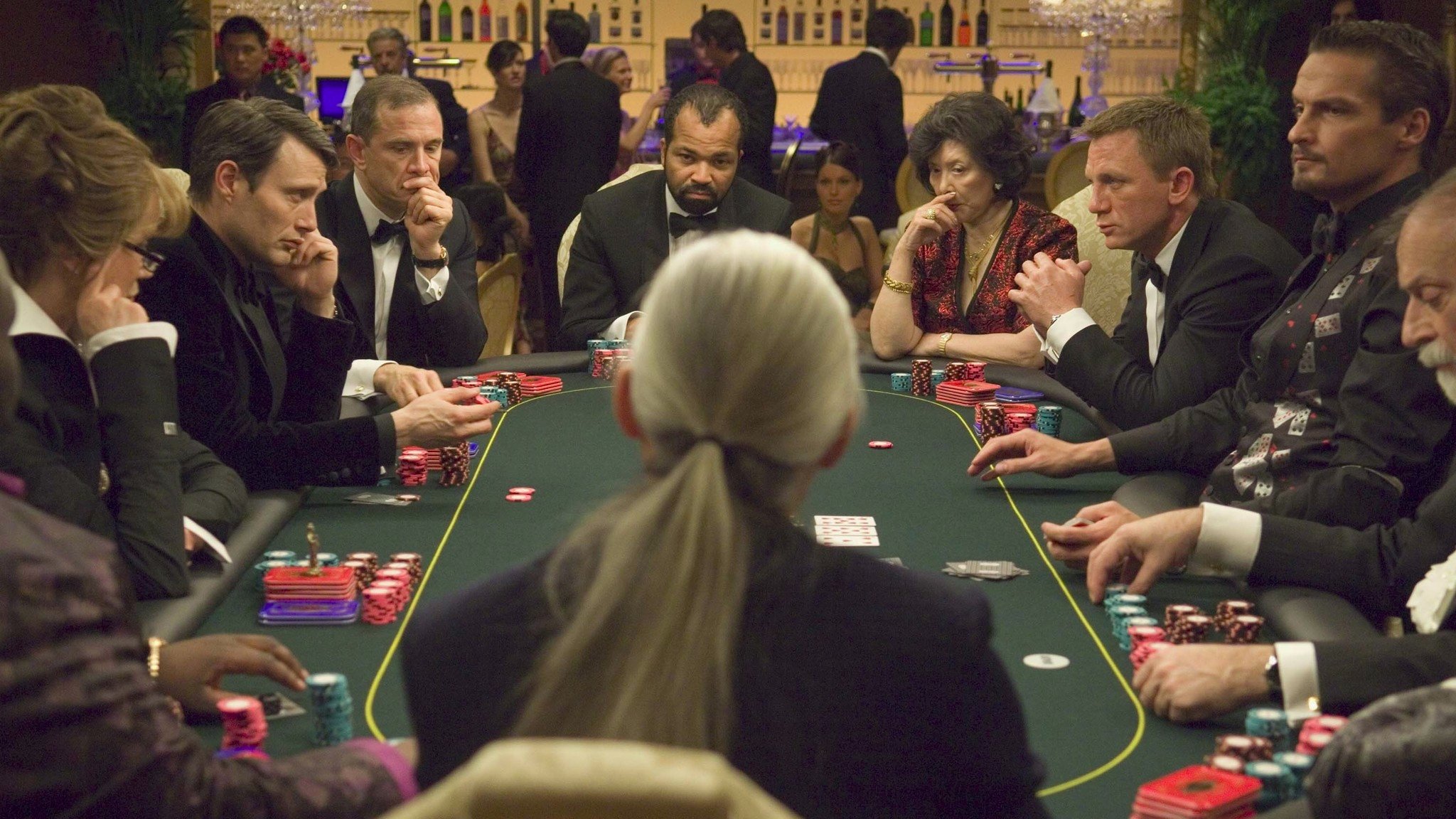THE MASQUE OF THE RED DEATH (1964)
A film from the 1001 Movies You Must See Before You Die list whose ranking includes the #11

Produced and directed by Roger Corman, and based on an Edgar Allan Poe short story, the film follows Prince Prospero (Vincent Price), a tyrannical ruler that seeks refuge from a deadly plague (the Red Death) inside his castle, along with a group of noblemen, while leaving the townsfolk down to their own luck.
I found this to be an odd bag of fun, mostly thanks to Vincent Price's, who's at his scenery-chewing best. Corman's direction is also very effective and appropriate. His use of colors and light, and the whole set and production design are pretty awesome. If anything, I'd say that the story about the dwarves felt a bit out of place (I wasn't surprised to read later that it came from a separate short story).
My other complaint would be with the characters of Gino and Ludovico, both of which I don't think were that well used and executed. But the truth is that I don't even think they were needed. This film rests solely on the shoulders of Price's performance and Corman's direction. Definitely worth a watch. Grade:
A film from the 1001 Movies You Must See Before You Die list whose ranking includes the #11

Produced and directed by Roger Corman, and based on an Edgar Allan Poe short story, the film follows Prince Prospero (Vincent Price), a tyrannical ruler that seeks refuge from a deadly plague (the Red Death) inside his castle, along with a group of noblemen, while leaving the townsfolk down to their own luck.
I found this to be an odd bag of fun, mostly thanks to Vincent Price's, who's at his scenery-chewing best. Corman's direction is also very effective and appropriate. His use of colors and light, and the whole set and production design are pretty awesome. If anything, I'd say that the story about the dwarves felt a bit out of place (I wasn't surprised to read later that it came from a separate short story).
My other complaint would be with the characters of Gino and Ludovico, both of which I don't think were that well used and executed. But the truth is that I don't even think they were needed. This film rests solely on the shoulders of Price's performance and Corman's direction. Definitely worth a watch. Grade:
 . Also dope cameo's by Mickey Rourke and Jean Michael Vincent.
. Also dope cameo's by Mickey Rourke and Jean Michael Vincent.
